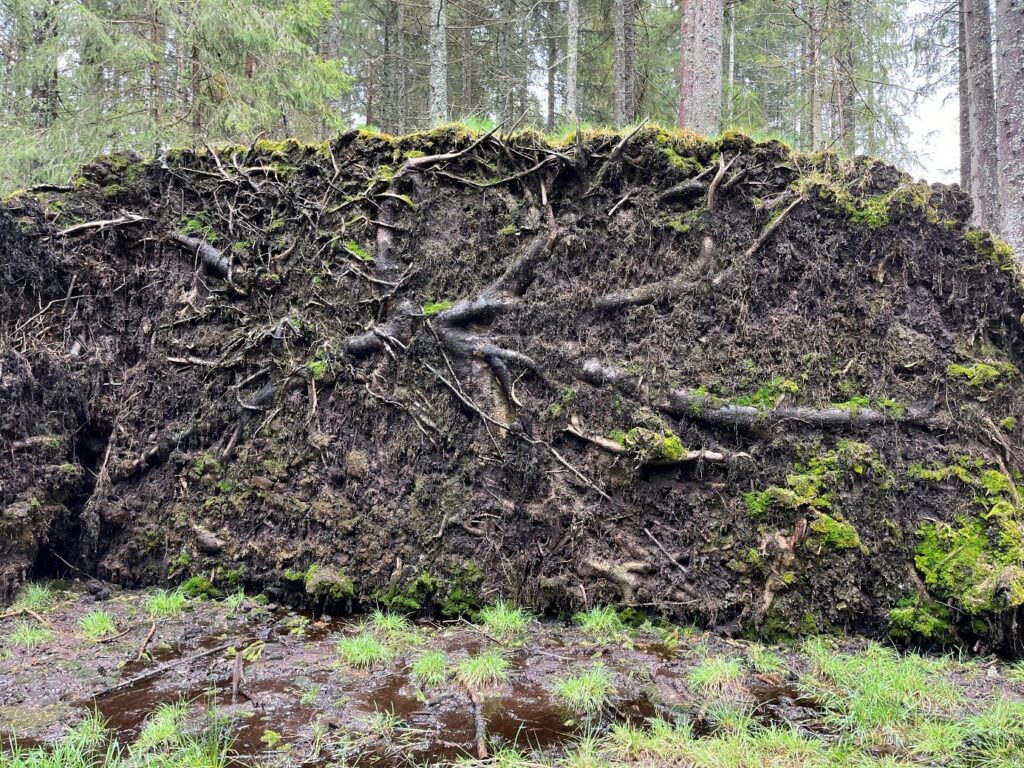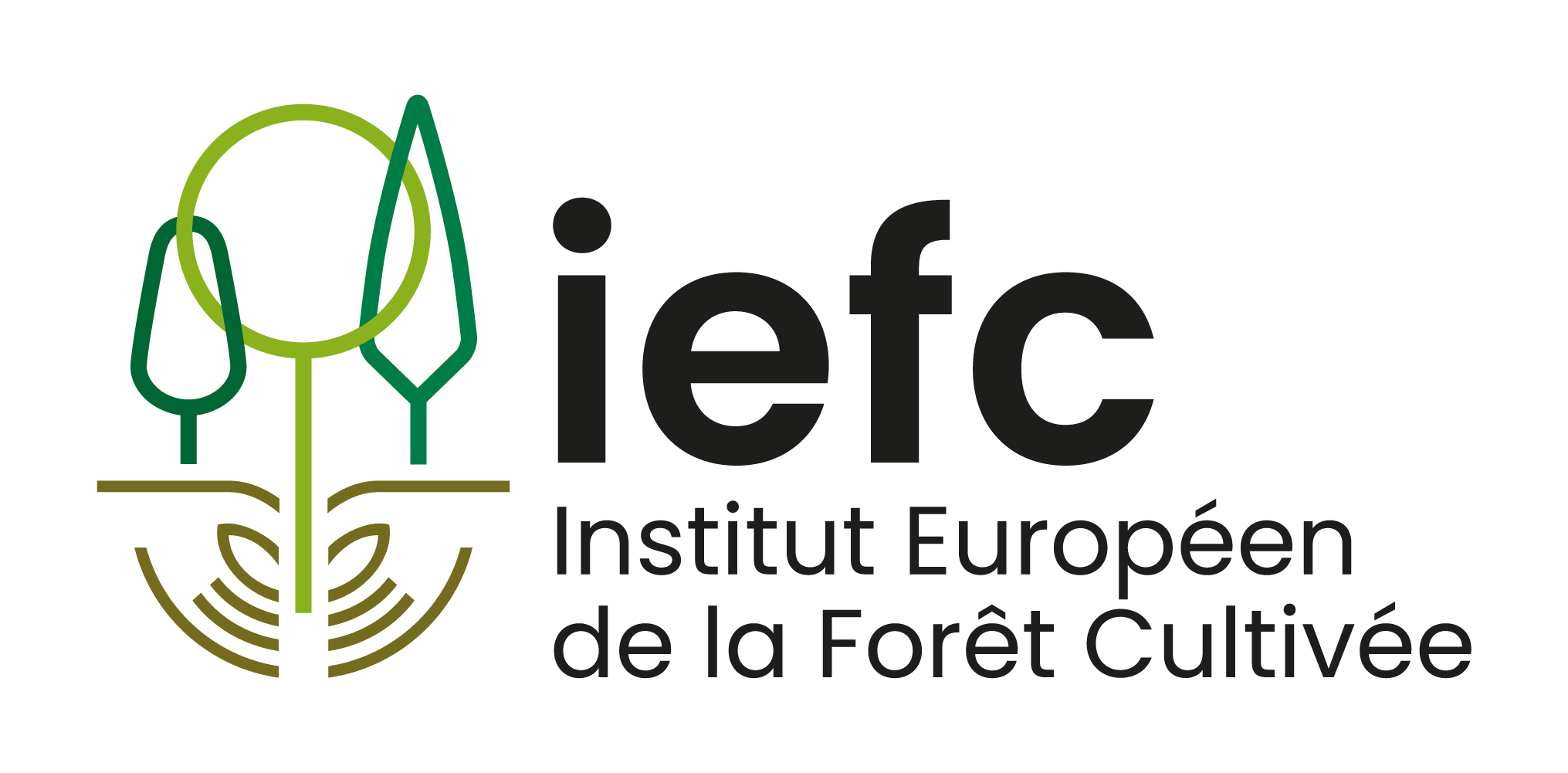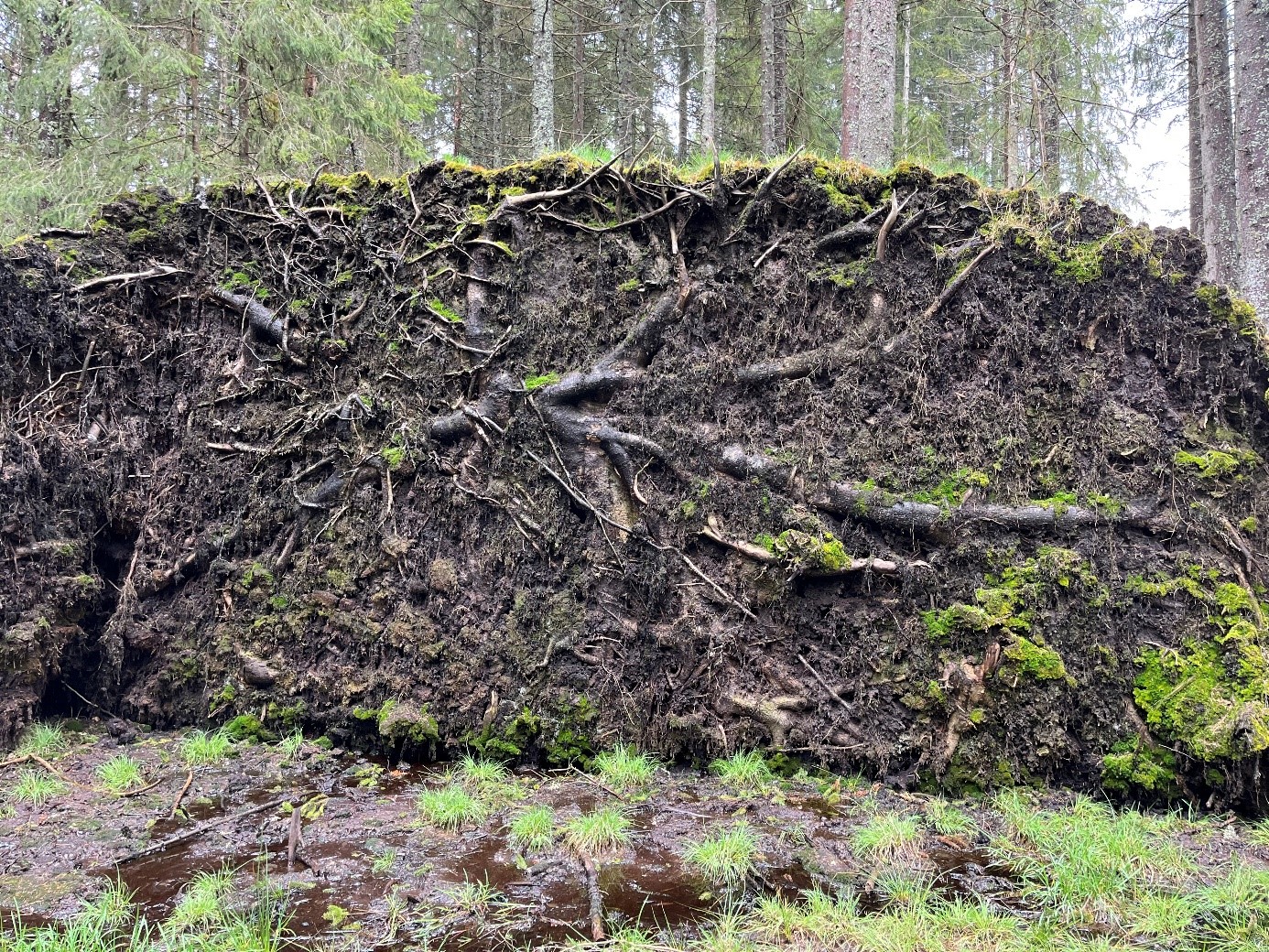
Optimizing forest allocation requires not only integration of multiple services but also take account of the multiple risks affecting forest processes and functions (Yousefpour et al. 2017). Moreover, climate change is a challenge for forest resilience and expected to change the severity and frequency of biotic and abiotic disturbances. Multi-risk assessment of forest ecosystem is the key to adapt forest resources to the future conditions and society’s demands for ecosystem services. Moreover, forest processes are subject to uncertainty because of the dynamics of natural systems and inherent deep uncertainty of future climate change as we are not able to assign probabilities to the set of all plausible climate change scenarios. Hereby, process-based approaches are essential to consider the changes in climate and build expectations about forest management outcomes based on the dynamics of forest ecosystems and the timing of management interventions over planning horizon. Any economic expectation shall take into account the future cash flows (costs and revenues) and discount them to a reference time to decide about alternative forest management solutions. Concepts of Net Present Value and Land Expectation Value are used in forestry to account for the time preferences using a discount rate.
Decision-making approaches are needed to deal with the issues outlined above. Robust decision-making (RDM) provides a unique opportunity to optimize the forest outcomes under deep uncertainty (Yousefpour et al. 2018). It trades nominal optimality for robustness under worst conditions subject to a set of climate change scenarios, management options, and forest conditions. However, the study of Hörl et al. (2020) reviewing the current recommendations for adaptive forest management under climate change revealed that the majority of the strategies are far from being robust especially regarding multiple objectives of forest management. RDM is suitable as well for direct policy search of efficient decisions about payment for ecosystem services. Integration of stakeholder’ attitudes and perceptions in the process of decision-making is another advantage of RDM.
Hörl J., Keller K., Yousefpour R., 2020. Reviewing the performance of adaptive forest management strategies with robustness analysis. Forest Policy and Economics 102289. 10.1016/j.forpol.2020.102289
Yousefpour R., Augustynczik A. L. D., Reyer Ch. P. O., Lasch-Born P., Suckow F., Hanewinkel M., 2018. Realizing Mitigation Efficiency of European Commercial Forests by Climate Smart Forestry. Scientific Reports 8:345, doi:10.1038/s41598-017-18778-w
Yousefpour R., Temperli Ch., Jacobsen J. B., Thorsen B. J., Meilby H., Lexer M. J., Lindner M., Bugmann H., Borges J. G., Palma J. H. N., Ray D., Zimmermann N. E., Delzon S.,Kremer A., Kramer K., Reyer Ch. P. O., Lasch-Born P., Garcia-Gonzalo J., Hanewinkel M., 2017b. A framework for modelling adaptive forest management and decision-making under climate change. Ecology and Society 22(4):40; doi.org/10.5751/ES-09614-220440
By: Rasoul Yousefpour, University of Toronto1 & University of Freiburg2
1Chair of Forestry Economics and Forest Planning, Tennenbacherstr. 4, 79106 Freiburg, Germany
2Institute of Forestry and Conservation, John Daniels Faculty of Architecture, Landscape, and Design, University of Toronto, 22 Ursula Franklin Street, Toronto, ON M5S 3H4, Canada

